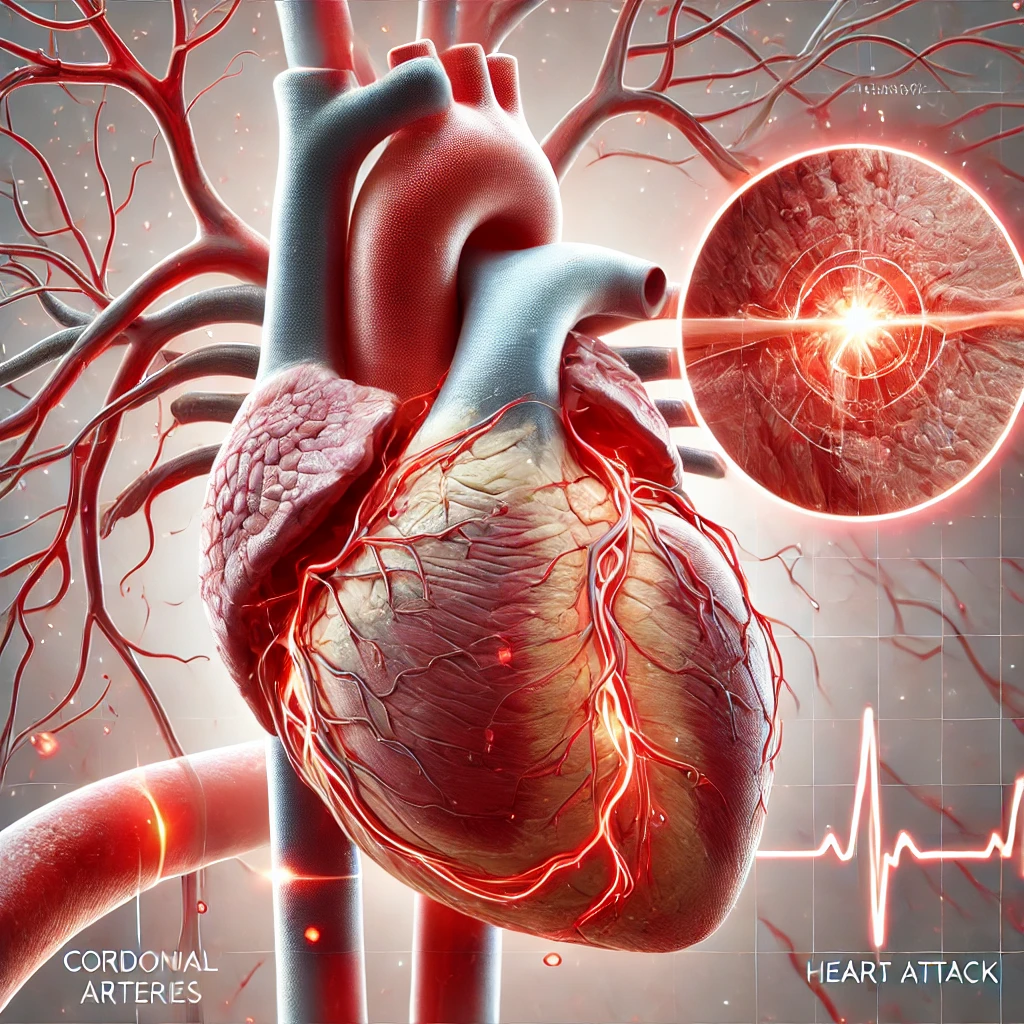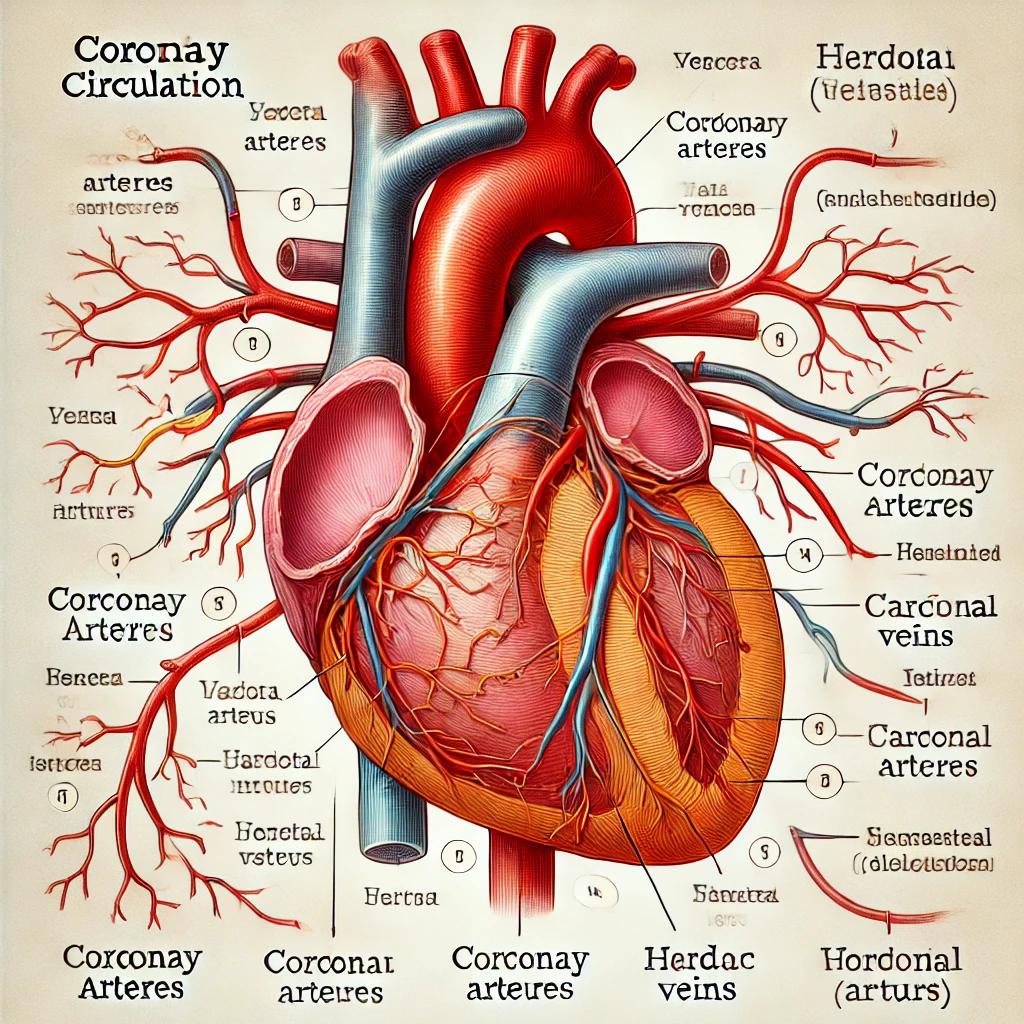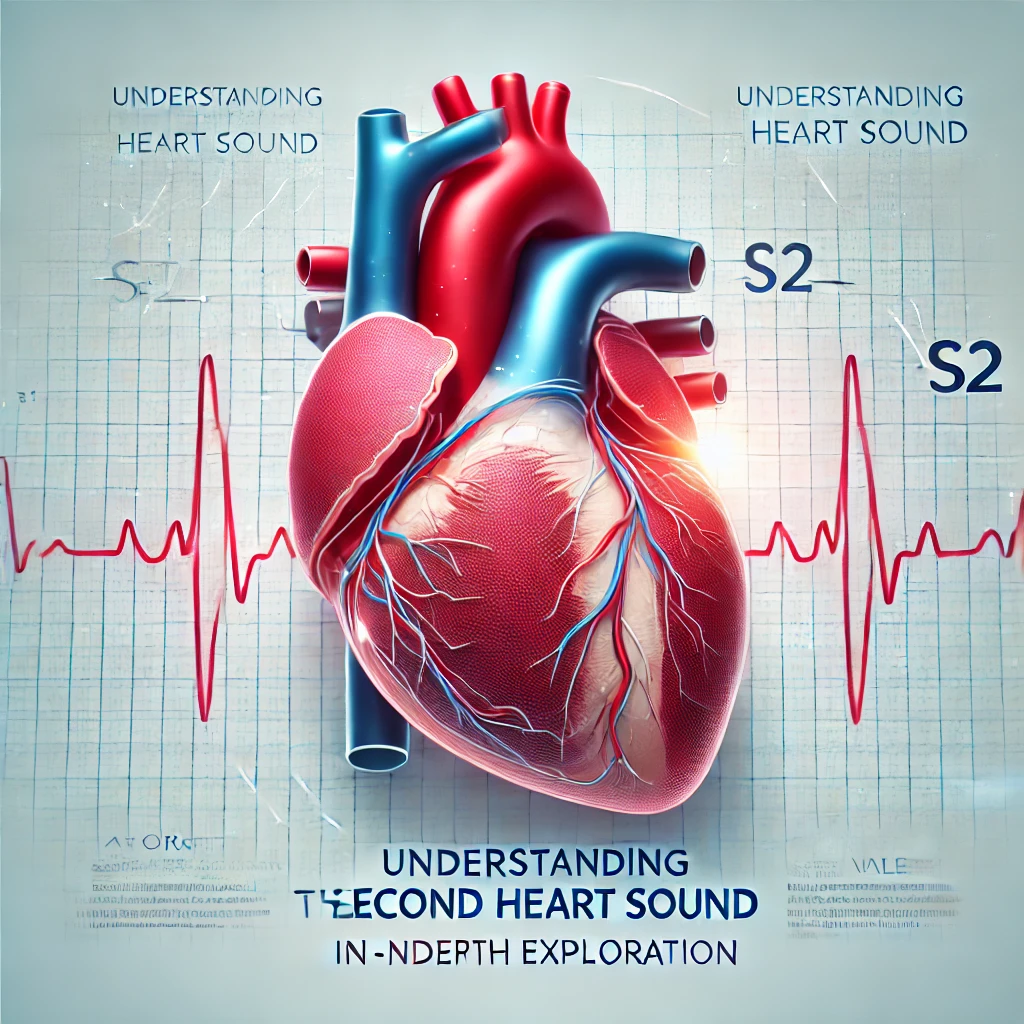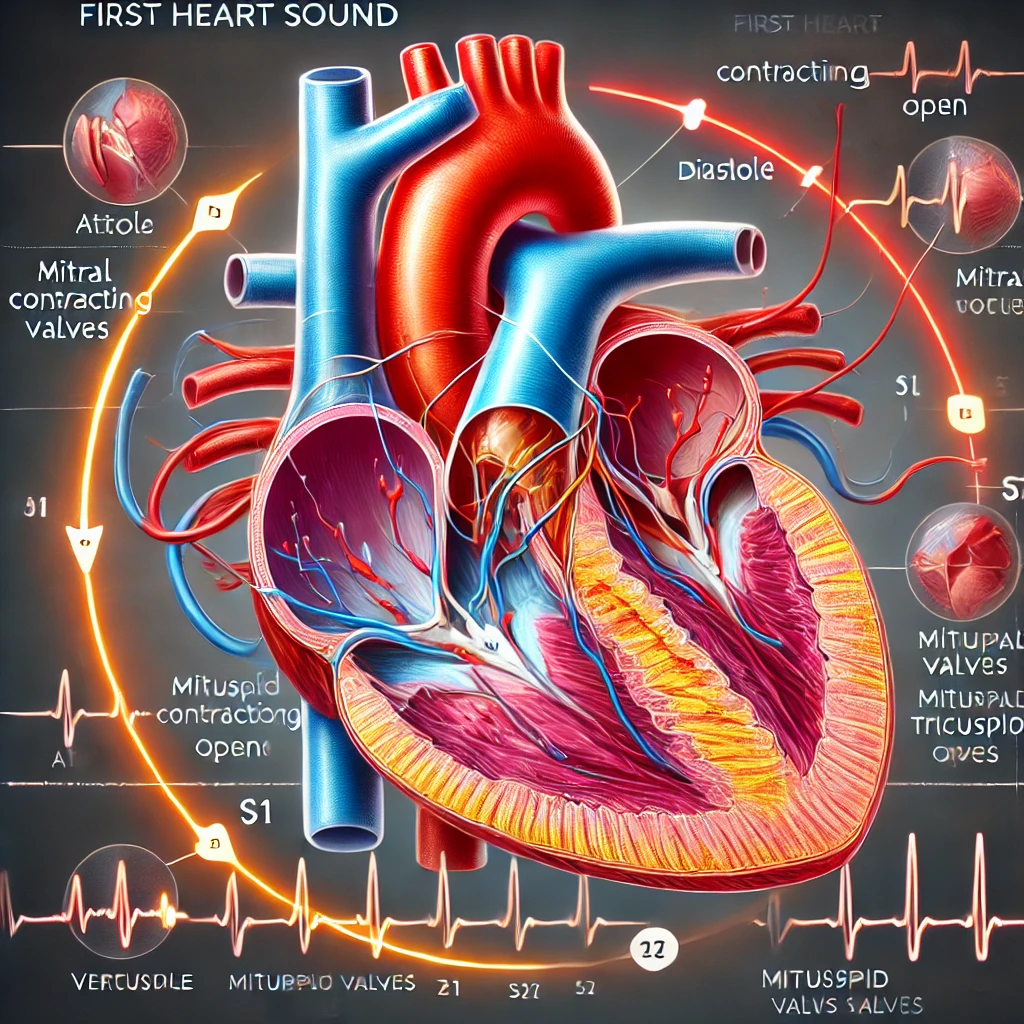So, let’s begin, Anatomy of the Troponin I in Kidney Disease.
“Kidney disease doesn’t just affect the kidneys – it’s a systemic issue with far-reaching cardiovascular implications.” – Dr Robert Provenzan. o
In the intricate tapestry of human health. One such surprising connection lies between the heart and the kidneys, interlaced by a protein called Troponin I. This protein, commonly associated with heart health, is also critical in kidney disease, signposting increased cardiovascular risk for those affected. We will dive into Troponin I and Kidney Disease.
Understanding Kidney Disease
What is Kidney Disease?
Kidney disease, or renal disease, signifies a condition where the kidneys can’t effectively filter blood. This impairment can lead to a cascade of health issues, including fluid buildup, electrolyte imbalances, and kidney failure.
Statistics on Kidney Disease
Approximately 14% of the general population suffers from chronic kidney disease (CKD), an ongoing journey of decreasing kidney function. By 2040, CKD is expected to become the 5th most common cause of years of life lost worldwide.
Impact on Quality of Life
Beyond its physical toll, kidney disease affects patients’ quality of life, from dietary restrictions to mental health issues. Not to mention the looming shadow of escalated cardiovascular risk, with heart disease accounting for 50% of deaths in end-stage renal disease (ESRD) patients.
Troponin I: An Essential Biomarker
What is Troponin I?
Troponin I is a protein in heart muscle cells that controls cardiac muscle contraction. When the heart muscle suffers damage, as in a heart attack, Troponin I leaks into the bloodstream, indicating heart injury.
Troponin I and Heart Health
Detecting elevated levels of Troponin I in the bloodstream signals heart damage. As such, Troponin I tests are often used in emergencies to diagnose a heart attack.
The Importance of Troponin I in Medical Diagnosis
The role of Troponin I goes beyond diagnosing acute heart conditions. It also helps monitor chronic heart conditions, assess severity, and determine treatment paths. But what about patients without apparent heart disease, specifically those with kidney disease?
The Connection Between Troponin I and Kidney Disease

How Kidney Disease Affects Troponin I Levels
In kidney disease, the kidneys’ diminished filtration ability accumulates various substances, including Troponin I. As such, elevated Troponin n, I level is often seen in kidney disease patients, even without apparent heart disease.
Troponin I as a Biomarker in Kidney Disease
This surprising finding has led to a deeper exploration of Troponin I in kidney disease. Studies now reveal it as a critical biomarker for underlying cardiovascular issues, often missed in regular check-ups.
The Role of Troponin I in Cardiovascular Risk Assessment for Kidney Disease Patients
Cardiovascular Complications in Kidney Disease
Heart complications are a common and often fatal side effect of kidney disease. Elevated Troponin I levels can act as an early warning sign, pointing towards potential cardiovascular problems that require immediate attention.
Troponin I: A Predictor of Cardiac Risk
With kidney disease patients nearly three times more likely to suffer heart-related events, Troponin I levels have become essential in assessing cardiovascular risk and guiding preventative measures.
Studying the Impact of Elevated Troponin I Levelsonn Kidney Disease Patients
Clinical Studies and Results
Recent studies have reaffirmed the correlation between elevated Troponin I levels and increased cardiovascular mortality in kidney disease patients. Such studies add weight to the need for comprehensive cardiovascular assessment in kidney disease management.
Case Studies
Case studies from around the globe underscore these findings’ real-life implications, with numerous kidney disease patients exhibiting high Troponin I levels, ultimately suffering heart complications. These case studies illuminate the critical role of Troponin I as a predictive tool in kidney disease.
The Future of Troponin I in Kidney Disease Management
Potential Advancements in Testing and Diagnosis
Understanding the importance of Troponin could lead to advancements in kidney disease diagnostics. The more sensitive and frequent Troponin I am testing could reduce cardiovascular mortality in kidney disease patients.
Possible Treatment Implications
Moreover, acknowledging the cardiovascular risks associated with kidney disease could guide therapeutic strategies. For instance, more aggressive cardiovascular risk management could be instituted based on Troponin I levels.
Living with Kidney Disease: Managing Cardiovascular Risk
Lifestyle Changes
While living with kidney disease is challenging, managing cardiovascular risk is possible. Healthy lifestyle changes, including diet, exercise, and stress management, can help mitigate risks.
Medical Interventions
Additionally, medical interventions such as blood pressure management, cholesterol control, and preventative heart medications can play a role in reducing the risk of heart disease in kidney patients.
Conclusion: The Importance of Understanding Troponin I in Kidney Disease
The intricate link between Troponin I and kidney disease uncovers the vital importance of cardiovascular risk management in kidney patients. As we unravel this connection, we hope to improve the prognosis for millions of kidney disease patients worldwide.
References
- National Kidney Foundation
- American Heart Association
- Journal of the American Society of Nephrology
- The New England Journal of Medicine
- World Health Organization
My Other Articles:
- Troponin I: The Silent Alarm of Your Heart
- Unlocking the Secrets of Troponin C: A Comprehensive Guide
- Troponin T: An Essential Biomarker in Cardiology
- Does Blood Transfusion Increase Creatinine?
- Recognizing the Signs and Symptoms of Chronic Kidney Disease
FaQs:
- What is Troponin I? Troponin I is a protein found in heart muscle cells that plays a vital role in regulating heart muscle contractions. It is often used as a biomarker for heart damage.
- What is the link between Troponin I and Kidney Disease? Patients with kidney disease often show elevated levels of Troponin I in their blood, even without explicit heart disease. This is because impaired kidney filtration can lead to an accumulation of substances, including Troponin I.
- Can Troponin I levels predict cardiovascular risk in kidney disease patients? Yes, numerous studies have established that elevated levels of Troponin I in kidney disease patients often signal increased cardiovascular risk. As such, regular monitoring of Troponin I levels can be instrumental in cardiovascular risk management.
- How is Troponin I measured in the body? Troponin I levels are typically measured through a blood test. When heart muscle damage occurs, such as during a heart attack, Troponin I escapes into the bloodstream. Hence, increased levels can indicate heart damage.
- Can kidney disease increase the risk of heart disease? Yes, kidney disease patients are nearly three times as likely to experience heart-related events. Hence, kidney disease can significantly increase the risk of heart disease.
- How can increased Troponin I levels impact kidney disease management? Understanding the significance of Troponin I could drive changes in kidney disease diagnosis and treatment protocols. More sensitive and regular Troponin I testing could aid in reducing cardiovascular-related deaths among kidney disease patients.
- Are there lifestyle changes that can reduce the risk of heart disease in kidney disease patients? Yes, adopting healthier lifestyle changes, including diet modifications, regular exercise, and stress management, can help reduce the risk of heart disease in kidney disease patients.
- Can medical interventions reduce the risk of heart disease in kidney disease patients? Yes, alongside lifestyle changes, medical interventions like blood pressure management, cholesterol control, and preventive heart medications can aid in lowering the risk of heart disease among kidney patients.
- Are all kidney disease patients likely to have elevated Troponin I levels? While not all kidney disease patients may have elevated Troponin I levels, many do show increased levels, which can signal underlying cardiovascular complications.
- What should I do if I have kidney disease and am worried about my heart health? It’s essential to consult your healthcare provider if you have concerns about your heart health. They can guide you on the necessary tests and preventive measures to take, which may include regular monitoring of Troponin I levels.
Kidney disease, a pervasive issue affecting 14% of the population, carries a hidden cardiovascular risk signaled by Troponin I. Elevated Troponin I, typically associated with heart damage, appears in kidney disease due to impaired filtration. This revelation has profound implications for cardiovascular risk assessment. Kidney disease patients, almost thrice as likely to suffer heart-related events, can benefit from Troponin I monitoring, guiding preventive measures. Research indicates elevated Troponin I is linked to increased cardiovascular mortality, prompting comprehensive assessment and management. Future advancements could enhance diagnostics and treatment, offering hope for millions battling kidney disease worldwide. Lifestyle changes and medical interventions are vital in mitigating heart risks. Understanding the Troponin I and kidney disease connection underscores the urgency of addressing cardiovascular health in these patients.
Disclaimer: The information provided in this blog post is for informational purposes only and is not intended as a substitute for professional medical advice, diagnosis, or treatment. Always seek the advice of your physician or other qualified health provider with any questions you may have regarding a medical condition. Never disregard professional medical advice or delay seeking it because of something you have read on this website.




